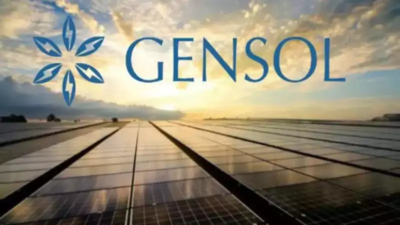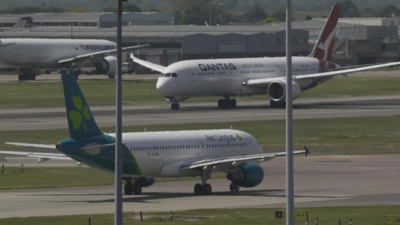Japan Prioritizes Fairness in U.S. Trade Discussions Amid Tariff Concerns

TOKYO In a crucial development for international trade relations, Japans Prime Minister Shigeru Ishiba emphasized the importance of fairness in forthcoming discussions with the United States regarding exchange rates. This statement came during an appearance on the Japanese public broadcaster NHK on Sunday, amidst heightened scrutiny of bilateral trade talks, particularly in light of President Donald Trumps aggressive tariff policies.
During the talk show, Ishiba alluded to potential increases in Japanese imports of U.S. energy, demonstrating a willingness to explore various avenues to smoothen trade relations. He also hinted at possible flexibility regarding U.S. claims about Japans non-tariff barriers that allegedly hinder American vehicles in the Japanese market.
President Trump, who surprisingly participated in the initial round of U.S.-Japan trade talks last Wednesday, expressed optimism about achieving big progress in negotiations. However, Trump has been vocal about his concerns that Japan is intentionally devaluing its currency, thereby granting an unfair competitive advantage to its exporters. In response to these accusations, Ishiba stated that detailed discussions regarding currency policy would be held between Japans Finance Minister Katsunobu Kato and U.S. Treasury Secretary Scott Bessent.
Well have to deal with this issue from the standpoint of fairness, Ishiba remarked when questioned about how Japan might respond to requests for cooperation in strengthening the yen. However, he refrained from providing specific details regarding Japans potential response.
Japan has consistently denied any allegations of currency manipulation, arguing instead for a robust yen to bolster its export-driven economy. Historically, Tokyo has intervened in foreign-exchange markets to support the yen, with the last significant intervention occurring in 2022.
Kato is scheduled to visit Washington this week to participate in the Group of 20 finance chiefs meeting, coinciding with the spring meeting of the International Monetary Fund. He is widely anticipated to engage in bilateral trade discussions with Bessent on the sidelines of this international gathering.
Analysts suggest that Japan might leverage its significant holdings of U.S. Treasuries, which exceed $1 trillionthe largest in the worldas a bargaining chip in trade negotiations. However, Kato has previously dismissed this notion, asserting that utilizing such financial assets as leverage would undermine the trust essential for fruitful discussions.
In light of Trumps tariffs, which include a 24% tax on Japanese exports to the U.S., Japan faces mounting pressure; many of these tariffs have been postponed until early July. Meanwhile, a universal 10% tariff and a 25% duty on carscritical to Japans export economyremain in effect.
Recent reports from Nikkei Asia indicated that Japan is contemplating adjustments to its auto safety regulations for imports as part of its negotiations with the U.S. The U.S. has long criticized Japans safety protocols as non-tariff barriers, while Japanese officials and various experts argue that American vehicle manufacturers often design cars that do not cater to the unique demands of Japanese roads and driving habits.
In response to inquiries about these safety regulation challenges, Ishiba acknowledged the disparities between U.S. and Japanese traffic laws. There are differences in traffic and safety regulations between our two nations that must be recognized, he stated. However, its equally important that our safety rules are not portrayed as unfair.
Moreover, Ishiba signaled Japans readiness to consider increasing investments in the U.S., particularly in the energy sector. He pointed out that while Australia currently leads in liquefied natural gas exports to Japan, the U.S. ranks fourth. We could increase our imports, but the key issue is whether the U.S. can provide stable energy supplies, Ishiba concluded.





















